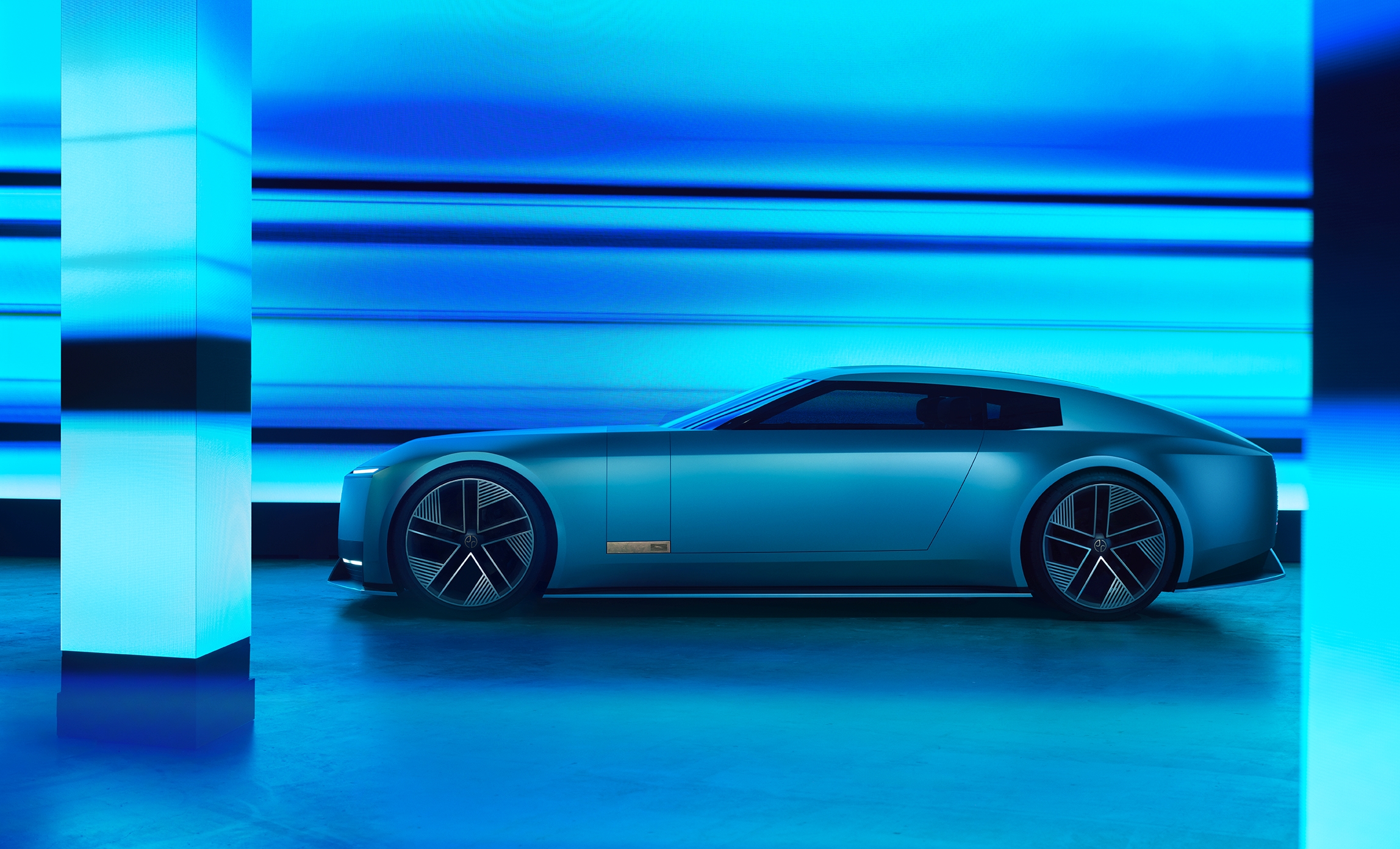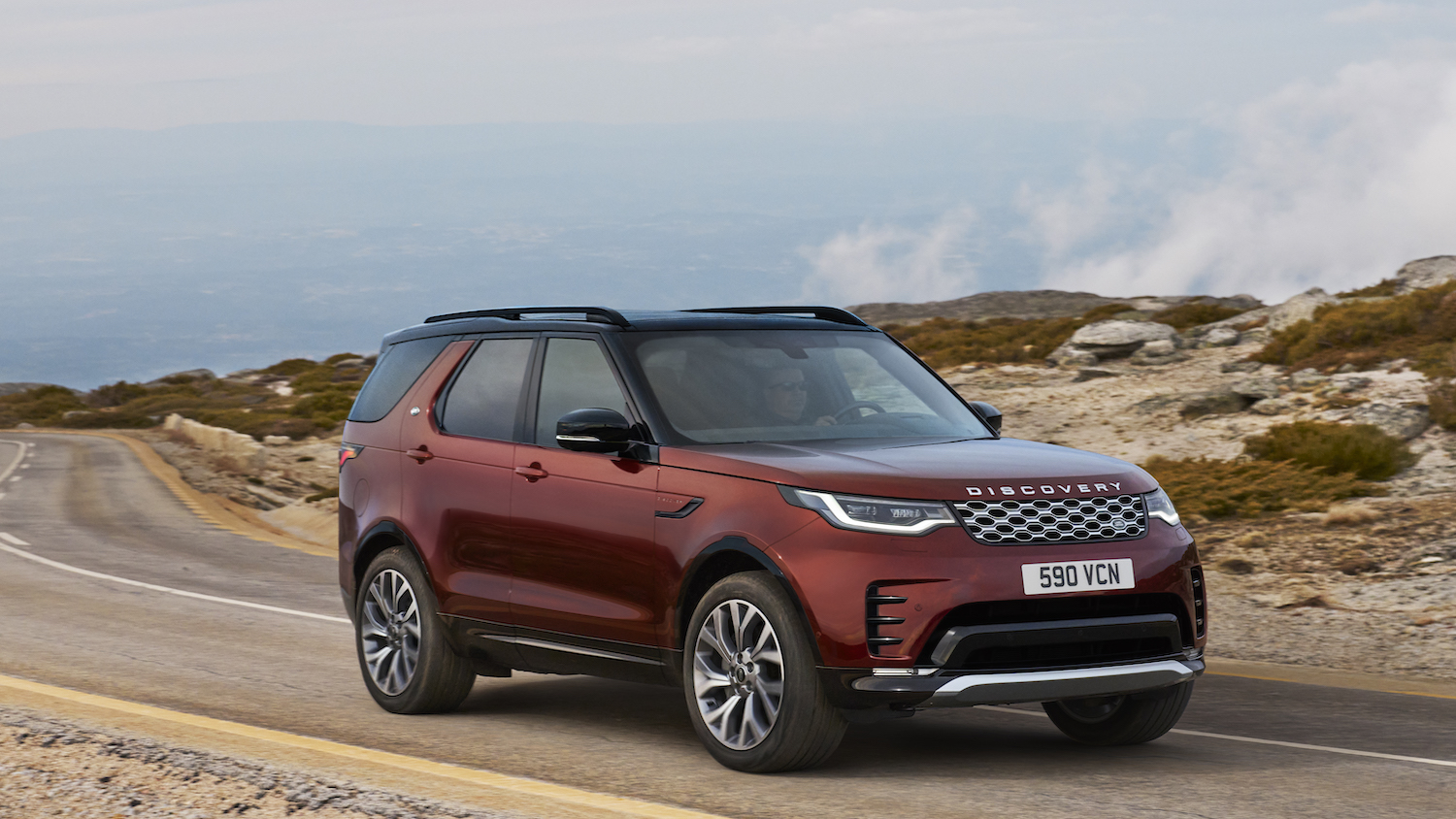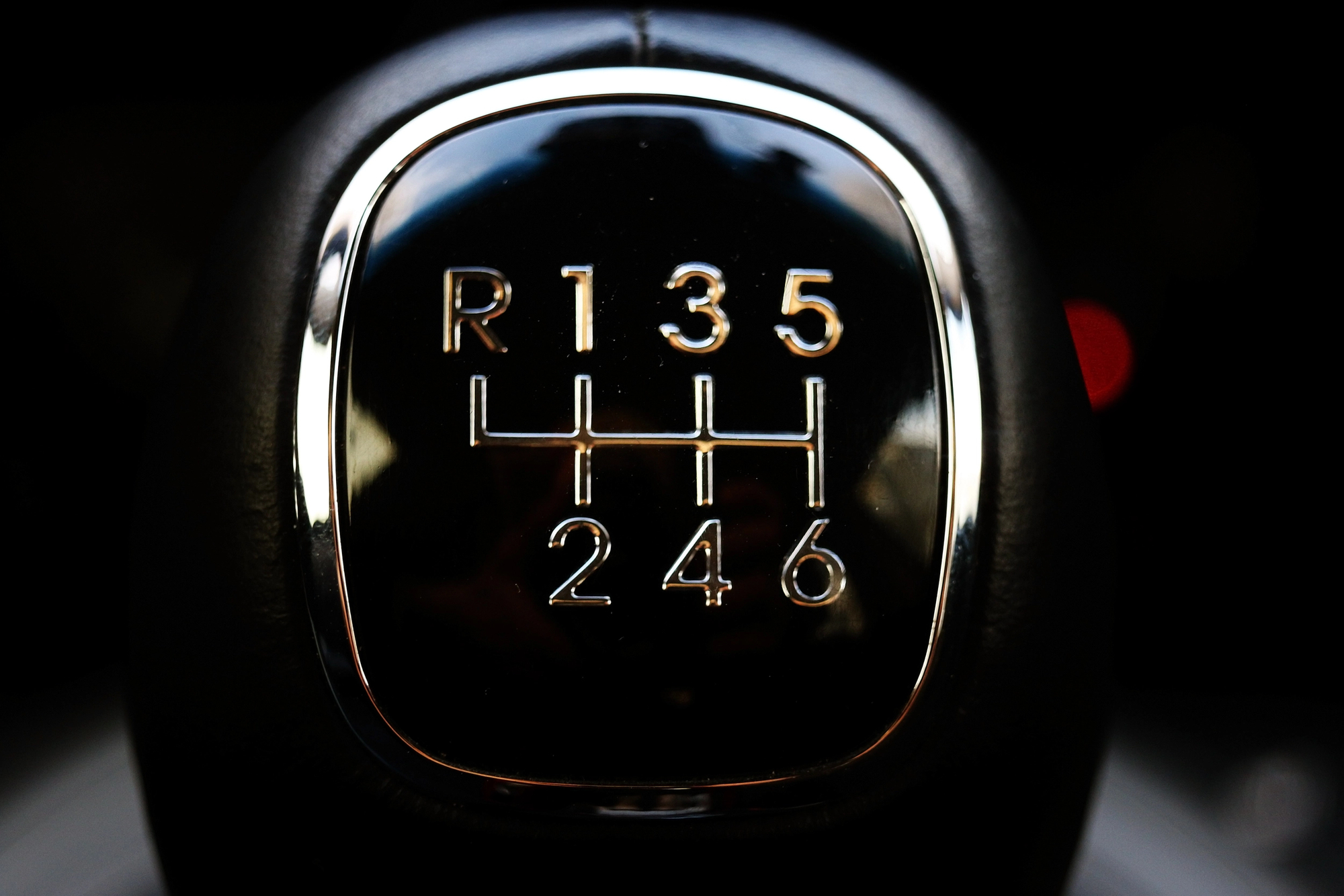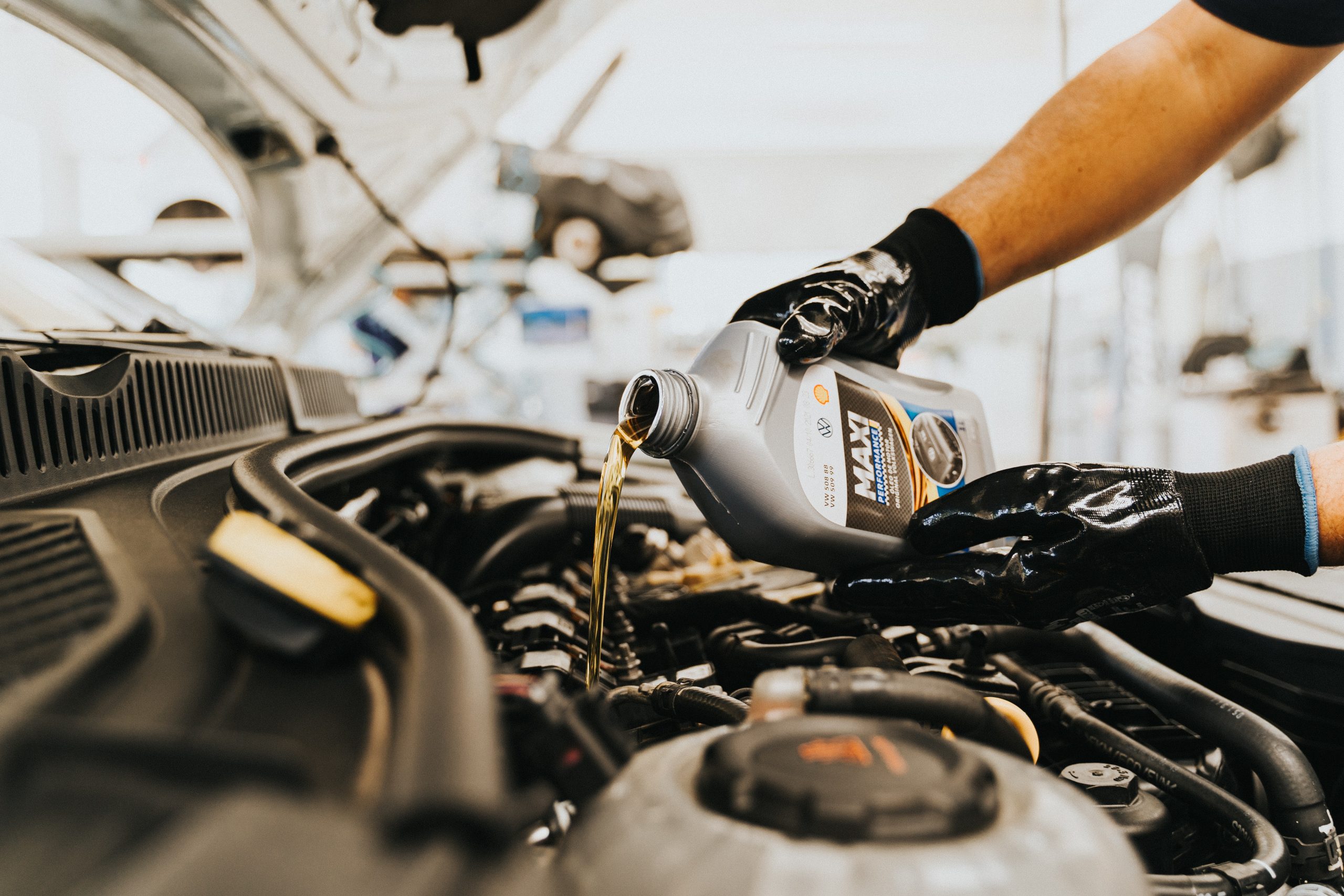Which Car Gets The Best Gas Mileage? Top 5 Fuel Efficient Cars of 2023


When it comes to choosing a car, one of the most important factors to consider is its fuel efficiency. With the ever-increasing cost of gasoline and growing environmental concerns, finding a vehicle that gets the best gas mileage is a top priority for many consumers.
There are several factors that contribute to a car’s fuel efficiency, including its size, weight, engine type, and driving habits. Generally, smaller cars with smaller engines tend to have better fuel economy than larger vehicles. Additionally, hybrid and electric cars are becoming increasingly popular due to their superior mileage and lower emissions.
With so many options available, it can be overwhelming to determine which car gets the best gas mileage. However, by researching and comparing different models, consumers can find a vehicle that meets their needs and budget while also being environmentally conscious.
Top 5 Cars with the Best Gas Mileage
Toyota Prius
The Toyota Prius has been a leader in fuel efficiency for years, and it continues to hold its place at the top of the list. The 2023 model gets an impressive 58 mpg in the city and 53 mpg on the highway, making it an excellent choice for those who want to save money at the pump.
The 2023 Toyota Prius comes with several benefits that make it an attractive option for potential buyers.
The new Prius features a smaller and lighter lithium-ion battery, which contributes to its efficiency. It also has an upgraded powertrain that offers better performance compared to previous models.
The new design of the Prius includes optional 19-inch wheels, giving it a sleeker and more modern appearance.
Furthermore, the 2023 Toyota Prius XLE, priced at $34,220 as tested, is considered a strong value, especially when certain optional features are excluded.
2023 Toyota Prius Pros and Cons
Pros:
- Smaller and lighter lithium-ion battery
- Upgraded powertrain for better performance
- New design with optional 19-inch wheels
- Strong value for the price
Cons:
- None!
Hyundai Ioniq
The Hyundai Ioniq is a close second to the Prius, with an estimated 57 mpg in the city and 59 mpg on the highway. It’s available in hybrid, plug-in hybrid, and electric versions, so there’s an option for everyone.
The 2023 Hyundai Ioniq 5 offers several benefits that make it an appealing choice for potential buyers. According to Autoblog, the Ioniq 5 is one of their favorite electric vehicles due to its stunning design, advanced electric car technology, ample utility, and enjoyable driving experience.
Although the prices have increased for the 2023 model, the base Ioniq 5 SE standard range starts at $42,785, offering a fully-loaded electric vehicle at a reasonable price point.
Hyundai Ioniq Pros and Cons
Pros:
- Stunning design
- Advanced electric car technology
- Ample utility
- Enjoyable driving experience
- Reasonable price point for a fully-loaded electric vehicle
Cons:
- Slow to charge
- Reversing camera picture quality
Honda Insight
The Honda Insight is a sleek and stylish hybrid that gets an estimated 55 mpg in the city and 49 mpg on the highway. It’s a great choice for those who want a fuel-efficient car that looks good too.
The 2023 Honda Insight comes with several benefits that make it an appealing option for potential buyers. The base EX trim starts at $25,760, while the Touring trim costs a little less than $30,000, plus a $1,015 destination charge [1].
The Insight boasts impressive fuel economy, with the EPA rating the lighter EX trim at 55 mpg in the city and 49 mpg on the highway.
The well-equipped Insight Touring trim, which sports larger wheels and tires, receives ratings of 51 mpg in the city and 45 mpg on the highway.
The 2023 Honda Insight may also feature a completely new design, with most of its features in common with the 11th generation of the Honda Civic.
Honda Insight Pros and Cons
Pros:
- Affordable pricing for base EX and Touring trims
- Impressive fuel economy
- Potential new design based on the 11th generation Honda Civic
Cons:
- Lower fuel efficiency compared to the Toyota Prius and Hyundai Ioniq.
Toyota Corolla Hybrid
The Toyota Corolla Hybrid is a popular choice for those who want a fuel-efficient car that’s also affordable. It gets an estimated 53 mpg in the city and 52 mpg on the highway, making it a great choice for commuting or long road trips.
The 2023 Toyota Corolla Hybrid offers several benefits that make it an attractive choice for potential buyers. It has an affordable starting price of $22,800 for the LE trim, making it more budget-friendly than the outgoing model.
The new SE and XLE trims start at $25,200 and $26,600, respectively.
The fuel efficiency of the 2023 Corolla Hybrid is still solid, though not as high as previous models. In terms of braking performance, the 2023 Corolla SE Hybrid has a stopping distance of 125 feet from 60 mph, which is better than the performance of a few 2020 Corollas that were tested a few years ago, including a hybrid model.
Toyota Corolla Hybrid Pros and Cons
Pros:
- Affordable starting price for LE, SE, and XLE trims
- Solid fuel efficiency
- Improved braking performance compared to previous models
Cons:
- Lower fuel efficiency compared to previous Corolla Hybrid models
Kia Niro
The Kia Niro is a versatile crossover that’s available in hybrid, plug-in hybrid, and electric versions. The hybrid version gets an estimated 52 mpg in the city and 49 mpg on the highway, making it a great choice for those who want a fuel-efficient car with plenty of cargo space.
These five cars are the best of the best when it comes to fuel efficiency. They’re all excellent choices for those who want to save money at the pump and reduce their carbon footprint. Whether you’re looking for a sleek sedan or a versatile crossover, there’s a fuel-efficient car out there for you.
Factors that Affect Gas Mileage
Gas mileage is an important consideration when purchasing a car. It can save drivers money on fuel costs and reduce their carbon footprint. There are several factors that affect gas mileage, including engine size, transmission type, driving habits, vehicle weight, and tire pressure.
Engine Size
The size of the engine can have a significant impact on gas mileage. Generally, smaller engines get better gas mileage than larger engines. This is because smaller engines require less fuel to operate. However, it’s important to note that a smaller engine may not be suitable for all drivers, as it may not provide the necessary power for certain tasks.
Transmission Type
The type of transmission can also affect gas mileage. Manual transmissions typically get better gas mileage than automatic transmissions. This is because manual transmissions allow the driver to control the gear changes, which can help to optimize fuel efficiency. However, not all drivers are comfortable with driving a manual transmission, and automatic transmissions have become increasingly efficient in recent years.
Driving Habits
Driving habits can have a significant impact on gas mileage. Aggressive driving, such as rapid acceleration and braking, can lower gas mileage by up to 40%. Excessive idling can also decrease gas mileage. To improve gas mileage, drivers should avoid aggressive driving and try to maintain a steady speed. They should also turn off the engine when parked for extended periods of time.
Vehicle Weight
The weight of the vehicle can also affect gas mileage. Heavier vehicles require more fuel to operate, which can lower gas mileage. To improve gas mileage, drivers should try to reduce the weight of their vehicle by removing unnecessary items from the trunk or cargo area.
Tire Pressure
Tire pressure can also affect gas mileage. Underinflated tires can lower gas mileage by up to 3%. To improve gas mileage, drivers should regularly check their tire pressure and inflate their tires to the recommended level.
How to Improve Your Car’s Gas Mileage
Improving your car’s gas mileage is a great way to save money and reduce your carbon footprint. Here are a few tips to help you get the most out of each tank of gas.
Regular Maintenance
Regular maintenance is essential for keeping your car running efficiently. Make sure to follow the manufacturer’s recommended maintenance schedule, which typically includes oil changes, air filter replacements, and spark plug replacements. Keeping your engine in top condition can improve your gas mileage by up to 4%.
Proper Tire Inflation
Proper tire inflation is critical for maximizing your gas mileage. Underinflated tires can reduce your gas mileage by up to 3%, while overinflated tires can be dangerous and reduce your car’s handling. Check your tire pressure regularly and make sure your tires are inflated to the recommended pressure listed in your owner’s manual.
Lighten the Load
The more weight your car carries, the more fuel it needs to move. Removing unnecessary items from your car, such as heavy tools or sports equipment, can improve your gas mileage. For every 100 pounds of extra weight you carry, your car’s fuel efficiency can drop by up to 2%.
Use Cruise Control
Using cruise control on the highway can help you maintain a steady speed, which can improve your gas mileage. When you drive at a consistent speed, your car doesn’t have to work as hard to maintain its momentum. This can save you up to 7% on gas.
Avoid Idling
Idling can waste a lot of gas, especially in stop-and-go traffic. If you’re going to be stopped for more than 30 seconds, turn off your engine. Restarting your car uses less fuel than letting it idle for an extended period.
Hybrid and Electric Cars
As gas prices continue to rise, many people are turning to hybrid and electric cars as a way to save money on fuel. These cars are also better for the environment, producing fewer emissions than traditional gas-powered vehicles. In this section, we will discuss the benefits of hybrid and electric cars and highlight some of the top models with the best gas mileage.
Benefits of Hybrid and Electric Cars
One of the main benefits of hybrid and electric cars is their fuel efficiency. These cars use less gasoline or no gasoline at all, which means they can save drivers a significant amount of money on fuel costs. Additionally, hybrid and electric cars are better for the environment, producing fewer emissions than traditional gas-powered vehicles. This can help to reduce air pollution and improve overall air quality.
Another benefit of hybrid and electric cars is their quiet operation. Because they run on electric power, these cars are much quieter than traditional gas-powered vehicles. This can make for a more peaceful driving experience, especially in urban areas where traffic noise can be a problem.
Finally, hybrid and electric cars often come with advanced features and technology that can make driving safer and more convenient. For example, many of these cars come with backup cameras, blind-spot monitoring, and other safety features that can help to prevent accidents. They may also have advanced infotainment systems and other features that can make driving more enjoyable.
Top Hybrid and Electric Cars with the Best Gas Mileage
There are many hybrid and electric cars on the market today, but some stand out for their exceptional fuel efficiency. Here are a few of the top models:
| Car Model | MPG (City/Highway) |
|---|---|
| Toyota Prius Prime | 54/133 (electric mode) |
| Hyundai Ioniq Electric | 145/136 (electric only) |
| BMW i3 | 129/106 (electric only) |
| Chevrolet Bolt EV | 127/108 (electric only) |
These cars all offer exceptional fuel efficiency, with some models able to travel more than 100 miles on a single charge. They are also packed with advanced features and technology, making them a great choice for drivers who want to save money on fuel and enjoy a more convenient and enjoyable driving experience.
Related Posts:
10 Effective Tips for Buying A Car
Is There Such a Thing as a Best Time to Buy a New Car? Three Points to Consider…











[…] attach the other end of this cable to an unpainted metal surface on your car that isn’t near any fuel sources or moving parts. DO NOT connect it to your vehicle’s negative battery terminal as it […]